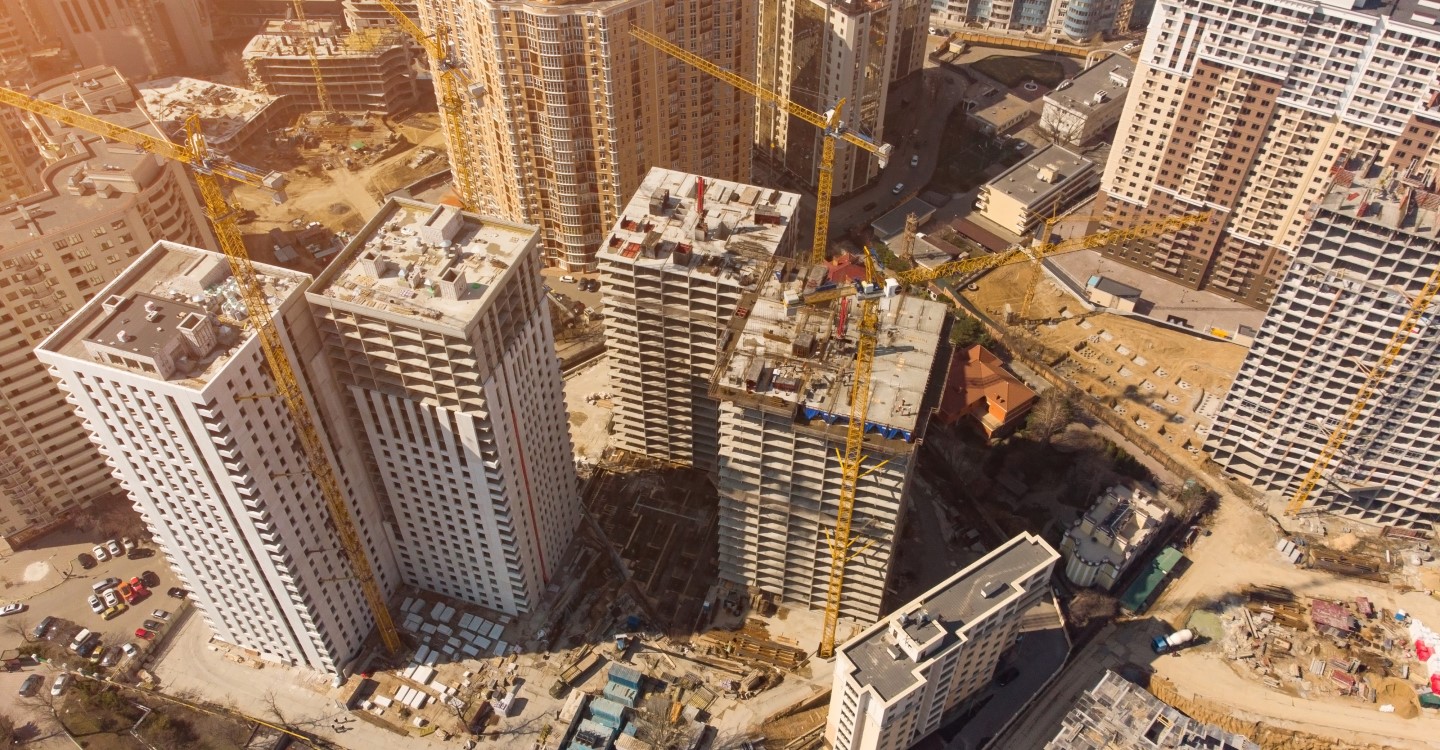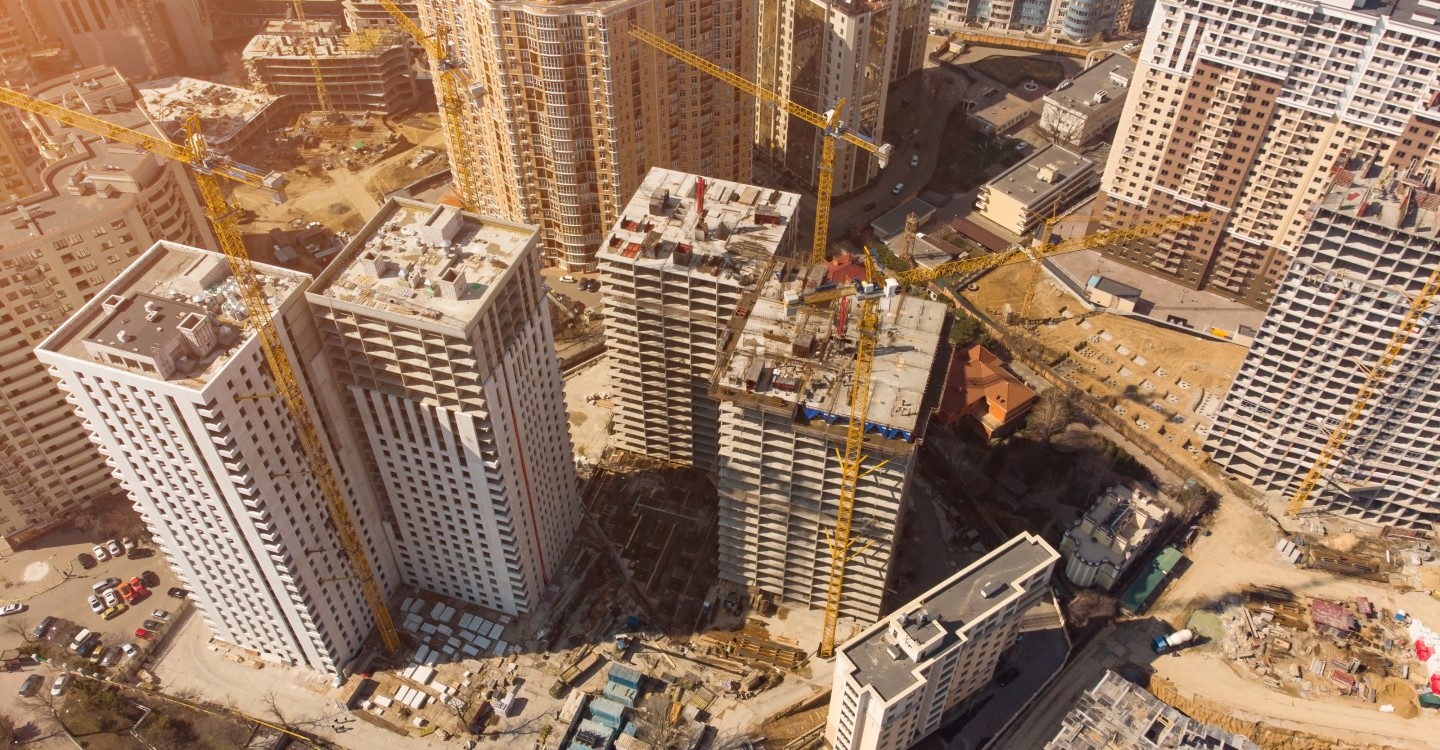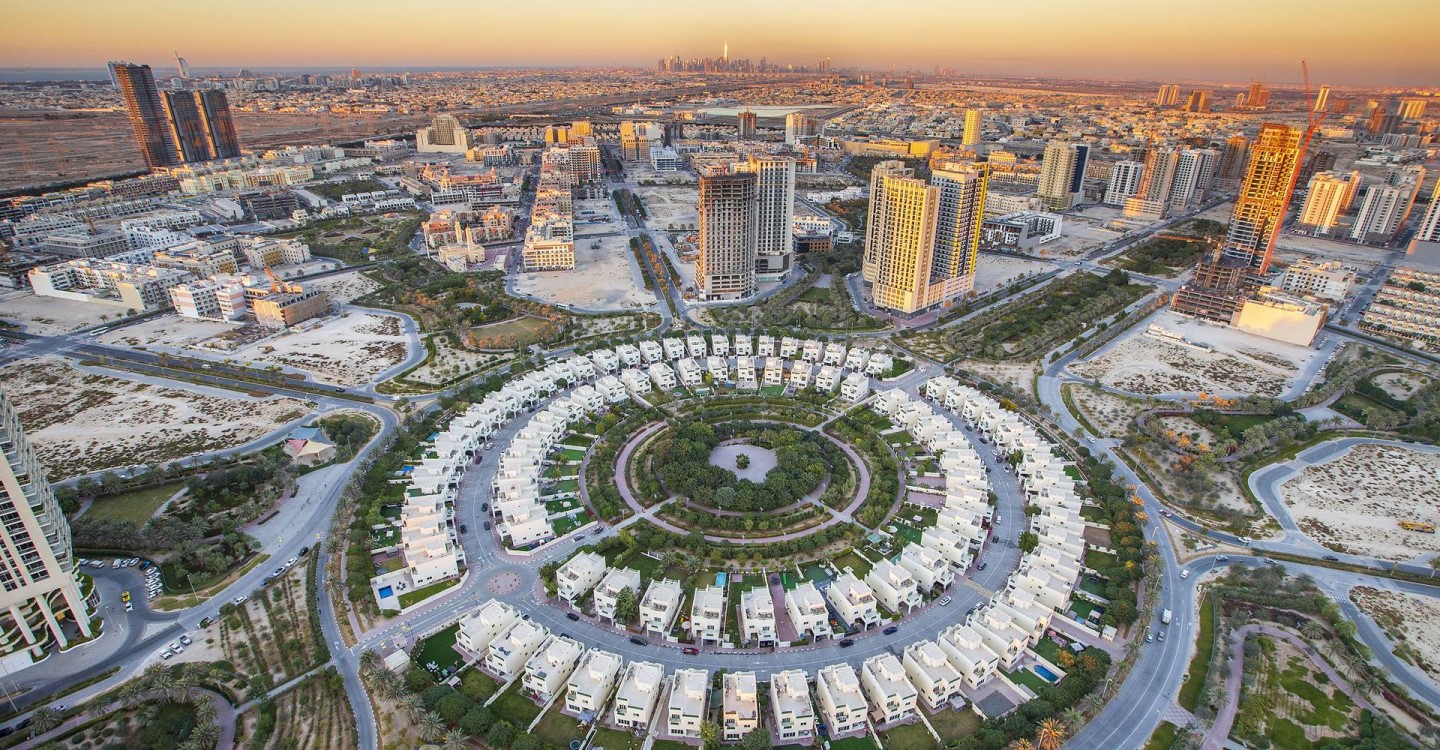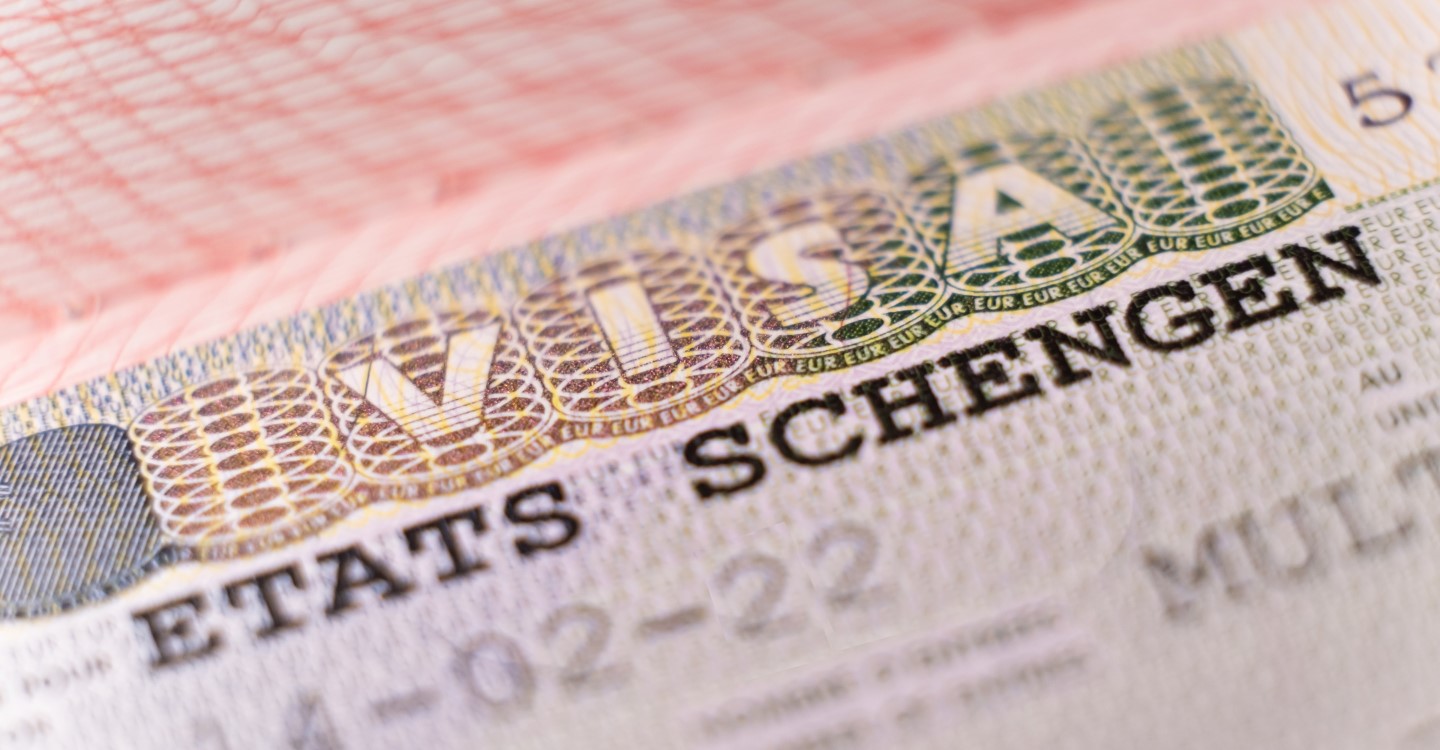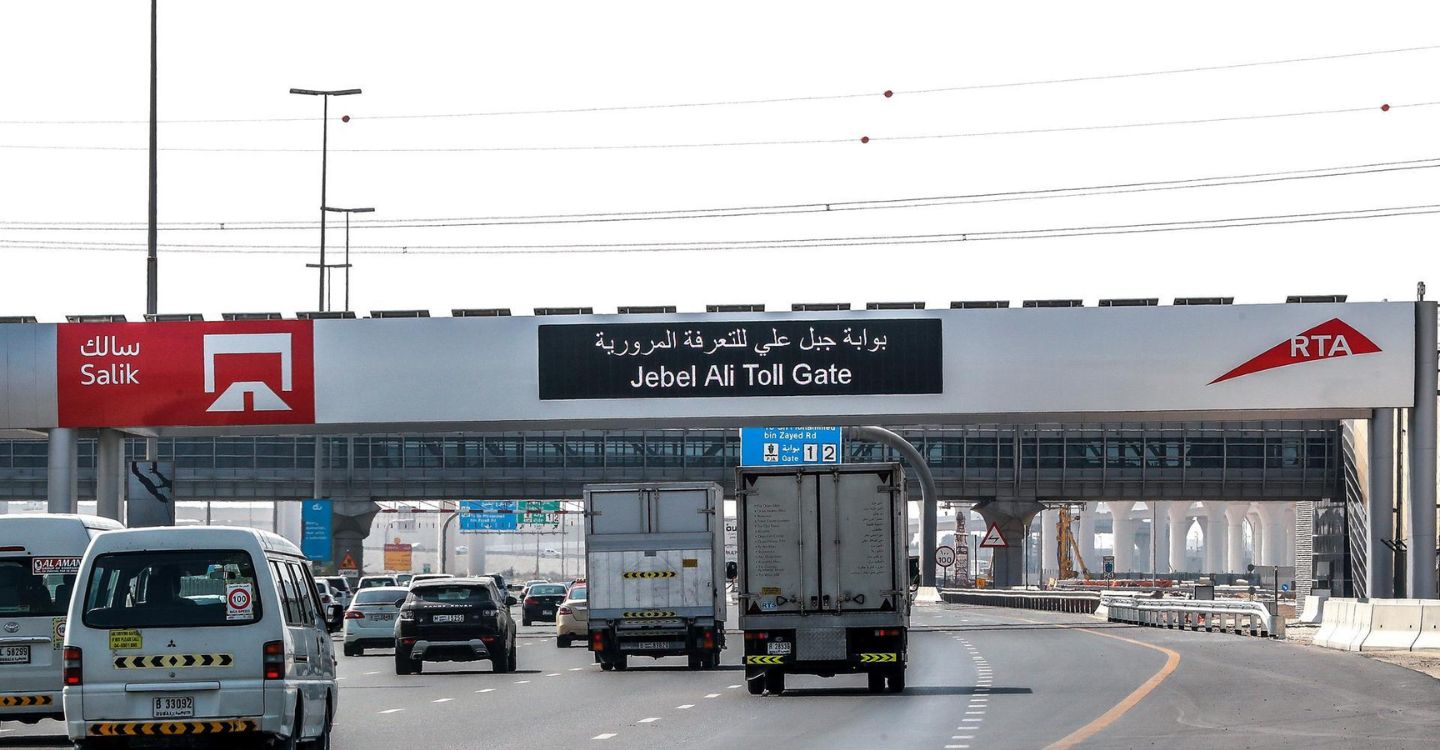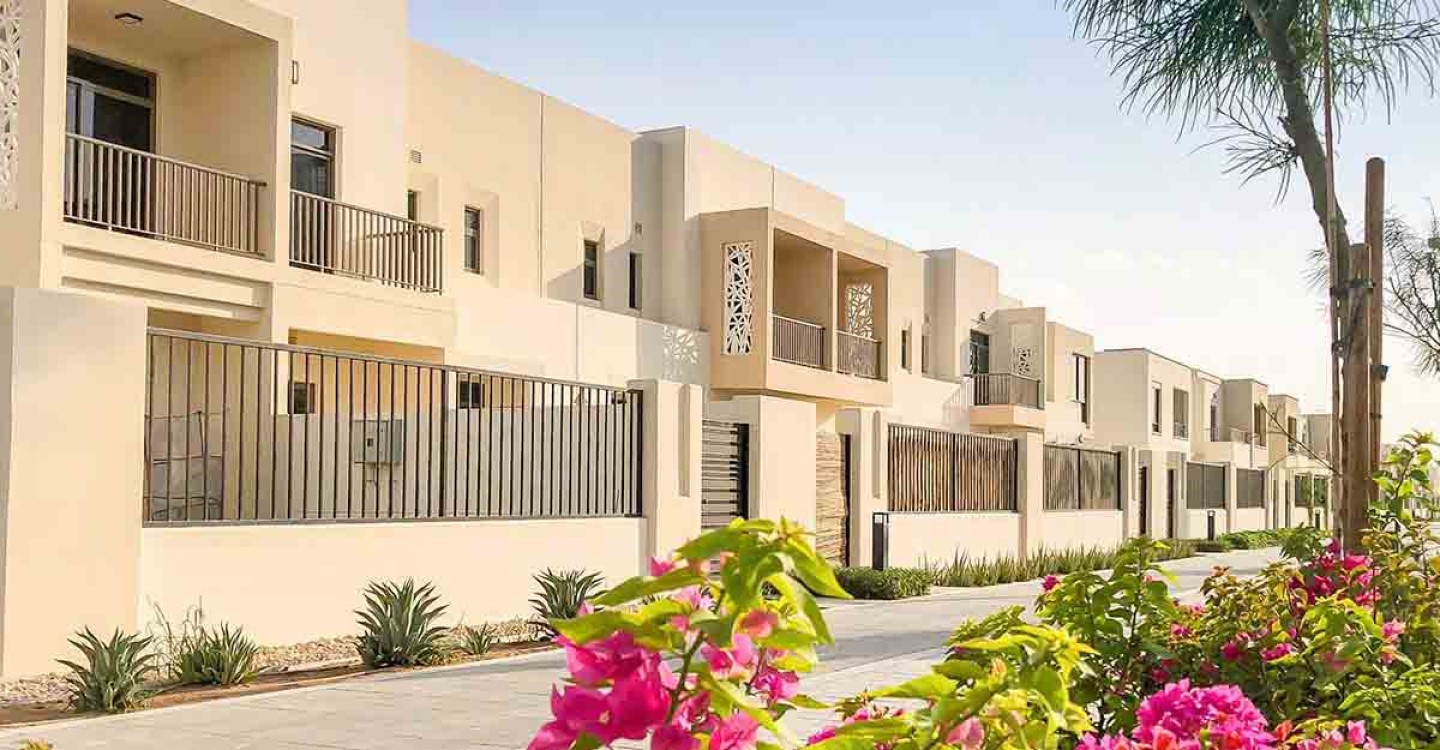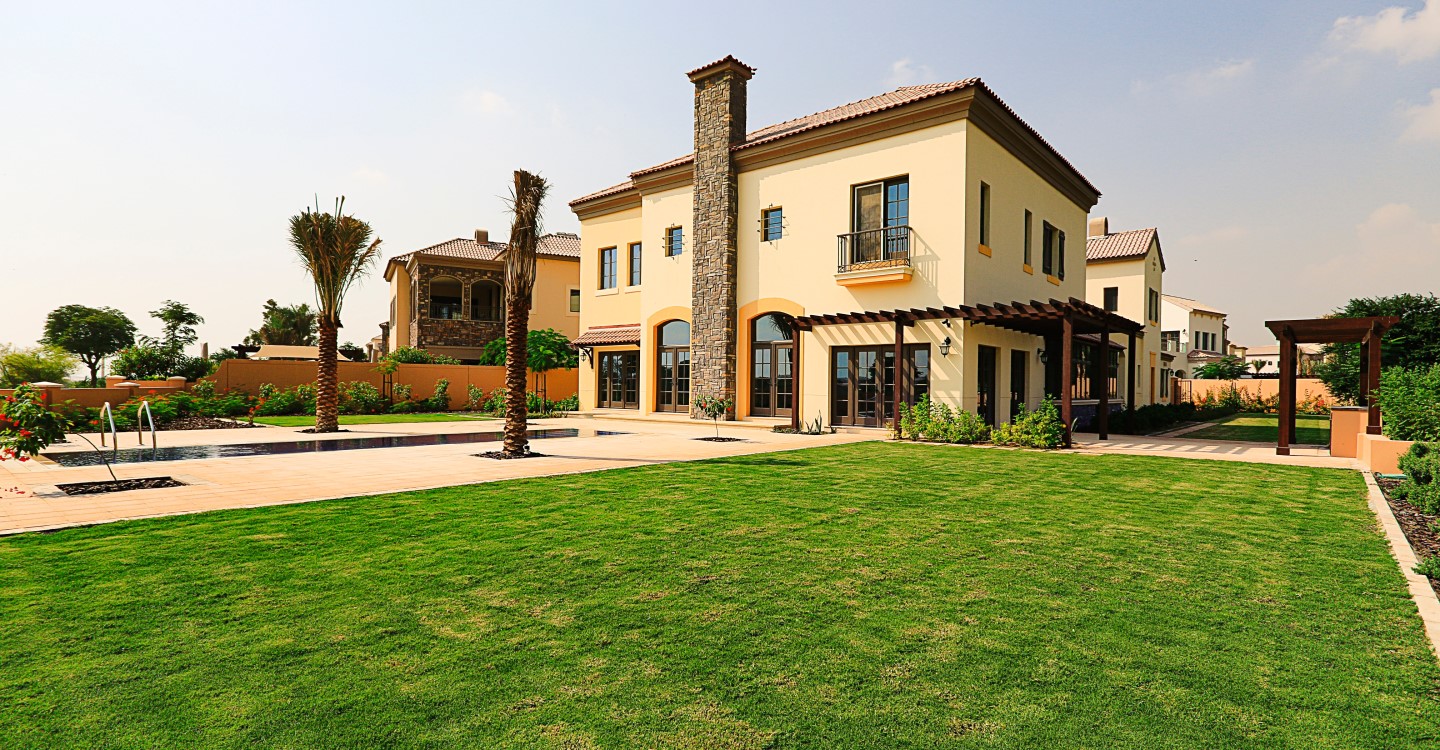Dubai's real estate market stands as a beacon of opportunity and innovation, renowned globally for its dynamism, rapid growth, and the sheer scale of its developments. From towering skyscrapers that redefine cityscapes to sprawling residential communities designed with luxury and comfort in mind, Dubai offers an array of property options that cater to the needs of a diverse and international populace. This cosmopolitan city attracts a myriad of investors and tenants alike, all drawn by the promise of a vibrant lifestyle, strategic location, and the potential for significant returns on investment.
The city’s real estate landscape is as varied as its population, encompassing everything from ultra-modern apartments in the heart of the city to serene villas in suburban enclaves. With such diversity, Dubai truly offers something for everyone—whether you're an investor seeking lucrative opportunities, a young professional looking for the perfect apartment, or a family in search of a spacious home. However, within this thriving market, one of the most pressing concerns for tenants is the issue of rent increases.
For many, the question of how much rent can be increased in Dubai is not just a matter of curiosity but a critical aspect of financial planning and stability. The city’s rapid growth and fluctuating market conditions can lead to significant variations in rental rates, making it essential for both tenants and landlords to have a clear understanding of the rules and regulations governing rent adjustments. Whether you're a tenant looking to secure a fair rental agreement or a landlord aiming to maximize your property’s value, comprehending the intricacies of rent increases is key to navigating Dubai's complex rental market.
This article provides an in-depth exploration of the regulations that dictate rent increases in Dubai, delving into the legal framework established by the Real Estate Regulatory Agency (RERA) and the factors that influence rent adjustments. Beyond the regulatory aspects, it also offers practical advice for tenants, equipping them with the knowledge and tools they need to make informed decisions in a market that can often seem overwhelming. Whether you're new to Dubai or a long-term resident, understanding the dynamics of rent increases is crucial to ensuring a stable and fair living situation in one of the world’s most exciting real estate markets.
The Legal Framework Governing Rent Increases in Dubai
Dubai’s rental market operates within a robust legal framework designed to ensure that the interests of both tenants and landlords are protected. Central to this framework is the Real Estate Regulatory Agency (RERA), a specialized government body established under the umbrella of the Dubai Land Department (DLD). RERA plays a pivotal role in regulating and overseeing the real estate sector in Dubai, with a particular focus on maintaining fairness, transparency, and stability within the rental market.
RERA’s responsibilities are extensive, encompassing everything from the registration of property transactions to the regulation of real estate brokers and property developers. However, one of its most crucial functions is the implementation and enforcement of regulations governing rental agreements, particularly concerning rent increases. This is especially important in a city like Dubai, where the rental market is dynamic, with fluctuations in demand and supply often influencing rental prices.
To achieve its goals, RERA has developed a comprehensive set of guidelines and rules that dictate how rent increases can be applied. These regulations are designed to prevent arbitrary and excessive rent hikes, which could destabilize the market and create financial strain for tenants. At the same time, they ensure that landlords can adjust rents in a way that reflects the true market value of their properties, thus preserving the overall balance and health of the rental market.
A key component of RERA's approach to regulating rent increases is the Rent Increase Calculator, an innovative online tool that provides a transparent method for determining allowable rent adjustments. This calculator takes into account various factors such as the property's location, type, and current market conditions, offering a clear and objective basis for any rent increase. By using this tool, both landlords and tenants can gain a better understanding of what constitutes a fair rent adjustment, thereby minimizing disputes and fostering a more harmonious relationship between the two parties.
RERA Rent Increase Calculator
Among the many initiatives introduced by the Real Estate Regulatory Agency (RERA) to foster transparency and fairness in Dubai's rental market, the RERA Rent Increase Calculator stands out as a particularly vital tool. This user-friendly online calculator has become an indispensable resource for both landlords and tenants, offering a clear and objective way to determine the maximum allowable rent increase for a property. By leveraging this tool, stakeholders in the rental market can ensure that rent adjustments are both fair and in line with market realities.
The RERA Rent Increase Calculator is designed to take into account a variety of critical factors that influence rental values. These include the property's location, type, and the prevailing market conditions at the time of the proposed increase. The tool analyzes these variables and compares the current rent to the average rental rates for similar properties within the same area. This comparison is crucial because it provides a benchmark against which any proposed rent increase can be measured.
The outcome generated by the calculator is a guideline that outlines the permissible rent increase, if any, that a landlord can impose. This ensures that rent increases are not only justified but also aligned with the broader trends in the real estate market, thus protecting tenants from unreasonable hikes while allowing landlords to maintain the market value of their properties.
Law No. 43 of 2013
Dubai’s Law No. 43 of 2013 governs rent increases in the emirate. According to this law, landlords can only increase rent under specific circumstances, and the percentage of the increase is directly linked to the difference between the current rent and the average market rate for similar properties in the same area. Here's a breakdown:
1. No Increase: If the current rent is up to 10% less than the average market rate.
2. 5% Increase: If the current rent is 11% to 20% less than the average market rate.
3. 10% Increase: If the current rent is 21% to 30% less than the average market rate.
4. 15% Increase: If the current rent is 31% to 40% less than the average market rate.
5. 20% Increase: If the current rent is more than 40% less than the average market rate.
These regulations ensure that rent increases are fair and prevent landlords from imposing arbitrary hikes.
Factors Influencing Rent Increases
While RERA regulations provide a framework for rent increases, several factors influence how much rent can be increased in Dubai:
1. Location: The location of the property plays a significant role in determining rental rates. Areas with high demand, such as Downtown Dubai, Dubai Marina, and Palm Jumeirah, often see higher rents and potential increases.
2. Property Condition and Amenities: Well-maintained properties with modern amenities can justify higher rent increases. Tenants may be willing to pay more for properties that offer additional features such as swimming pools, gyms, and concierge services.
3. Market Demand: The overall demand for rental properties in Dubai can influence rent increases. In a high-demand market, landlords may be able to increase rents more significantly.
4. Economic Factors: Economic conditions, including inflation and cost of living, can impact rent increases. During periods of economic growth, landlords may seek higher rents to offset increased costs.
5. Lease Terms: The terms of the existing lease agreement also play a role. In cases where long-term leases are in place, landlords may be more constrained in their ability to increase rent.
Practical Advice for Tenants
Navigating rent increases in Dubai can be challenging, but there are steps tenants can take to protect their interests:
1. Know Your Rights: Familiarize yourself with RERA regulations and use the Rent Increase Calculator to understand what constitutes a fair increase.
2. Negotiate with Your Landlord: Open communication with your landlord can often lead to a mutually agreeable solution. If you believe the proposed increase is too high, present evidence of comparable rents in your area.
3. Renew Your Lease Early: If you're happy with your current rental rate, consider renewing your lease early to lock in the current rate. This can prevent a significant increase when the market changes.
4. Consider Moving: If the proposed rent increase is beyond your budget, it may be time to consider moving to a different area or property. Dubai offers a wide range of rental options, and you may find a more affordable option elsewhere.
5. Seek Legal Advice: If you believe your landlord is violating RERA regulations, you can file a complaint with the Dubai Land Department. Legal advice can help you understand your options and protect your rights as a tenant.
Conclusion
Rent increases are a common concern for tenants in Dubai, but understanding the regulations and factors influencing these increases can help you make informed decisions. Whether you're a tenant looking to renew your lease or a landlord seeking to adjust rents, it's essential to stay informed about the latest RERA regulations and market conditions. By doing so, you can navigate Dubai's rental market with confidence and ensure a fair and transparent rental experience.
Whether you’re a tenant seeking to avoid unexpected hikes or a landlord aiming to maximize your rental income within legal bounds, this guide provides the insights needed to approach rent increases strategically in Dubai’s ever-evolving real estate landscape.











